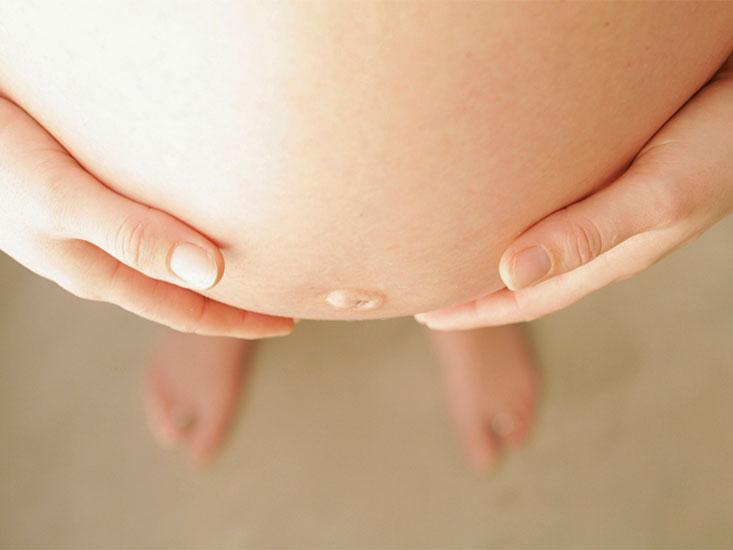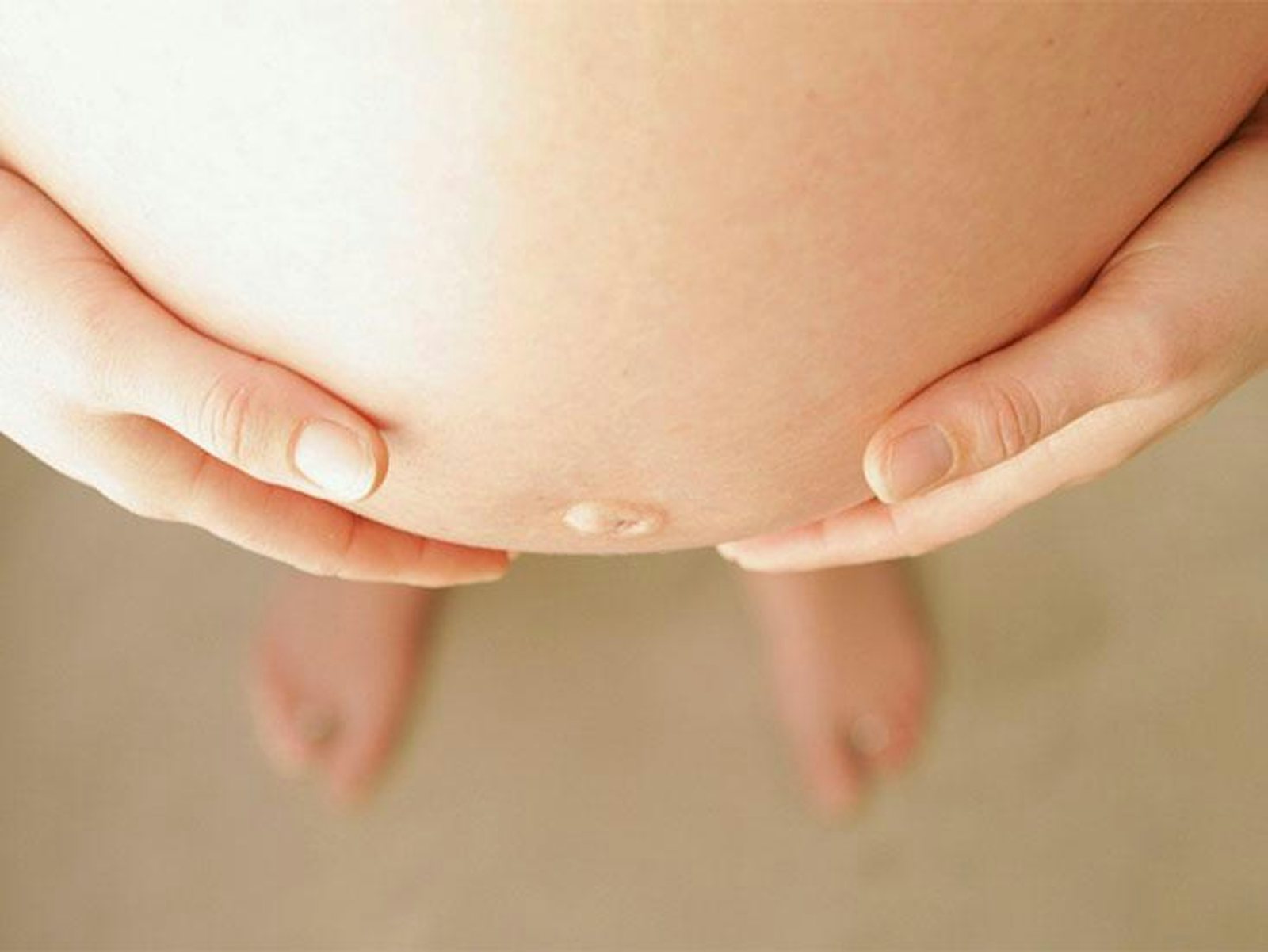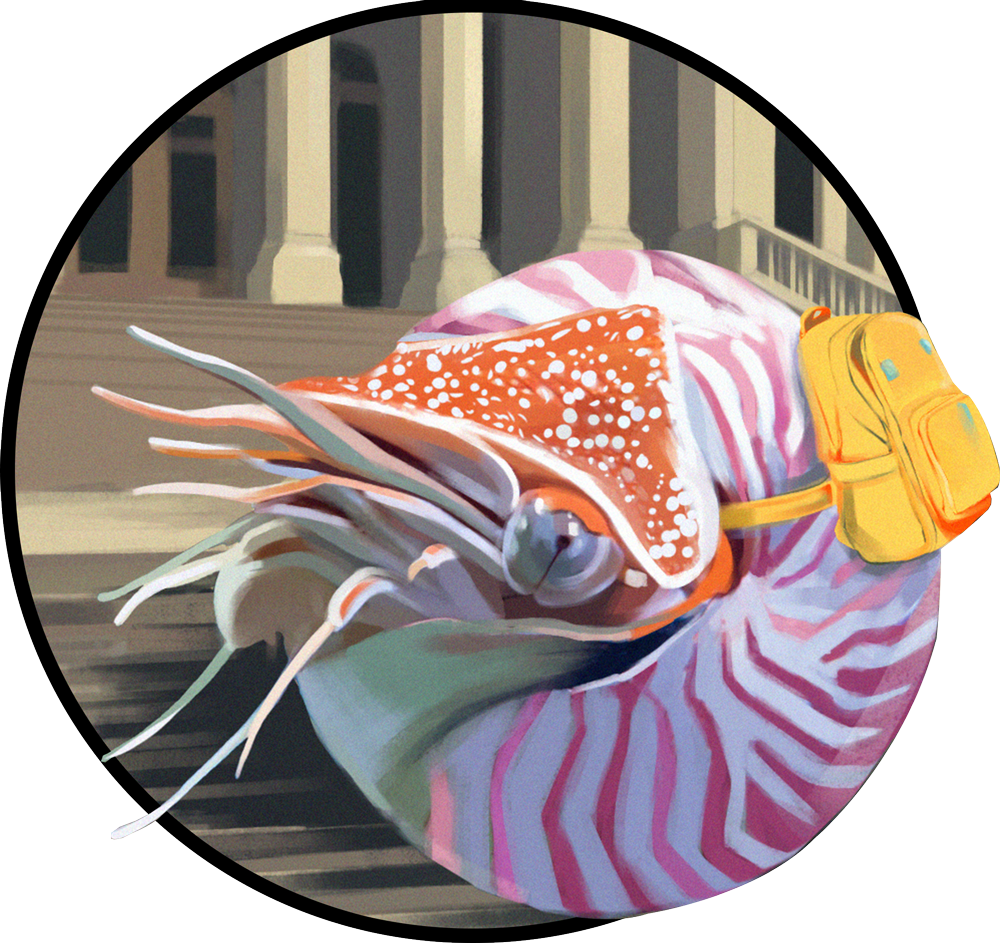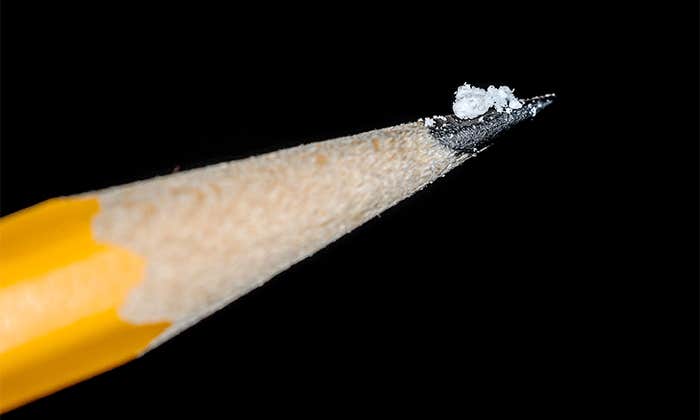
When philosopher Nicolas Malebranche peered at a fetus floating in a glass jar, in a shop of curiosities in Paris in 1672, he blamed its monstrous shape on the mother. At the time it was believed that a mother could deform her fetus simply by looking at something vivid. Malebranche had heard that this particular fetus’ mother had stared “too long” at a painting of Pope Pius V and so “gave birth to a child who looked exactly like the representation of the saint.” The specimen had skin as wrinkled as an old man’s and an abnormally small forehead. Its thin arms were folded over its chest as if it were a corpse at a funeral, and between its tiny shoulders were markings in the shape of a pope’s hat, or so Malebranche thought.
While Malebranche’s thinking seems crude by our standards, we are today still asking the same underlying question: How does a pregnant woman impact her fetus? That her effect can be profound is commonly taken as a given. News headlines from the past few years like “Should You Bring Your Unborn Baby to Work?”, “Mother’s Diet During Pregnancy Alters Baby’s DNA,” and “Pregnant 9/11 Survivors Transmitted Trauma to Their Children” reinforce this notion.
The prospect of unintended consequences during pregnancy is frightening. But it is also just the tip of the iceberg. What the mother does before pregnancy can be just as important.
Take nutrition. It turns out that what the mother ate as a young girl also has a significant effect on the health of her future child. A study released last year showed that every centimeter increase in the mother’s leg length correlated with almost an ounce increase in her baby’s birth weight. Long leg length corresponds to good early childhood nutrition, and larger birth weight is linked to long-term health. So, a mother who was a well-fed child is more likely to have a healthy baby.
Many of these stressors “are beyond [the parents’] control.”
This goes for fathers, too. A number of recent animal studies have shown that what a father eats influences his offspring’s cholesterol, body shape, and chances of being diabetic. That’s not all: His stress is also important. A 2010 study of mice shows that male infants exposed to early stress, in this case, unexpected removal from their mothers, acted depressed. There were also changes in their sperm, and their descendants exhibited some of the same depressive behaviors. Stress later in life seems to matter, too. A mouse father who experiences stress as an adolescent or an adult passes on traits that make it more difficult for his offspring to regulate stress, according to a 2013 study.
Chris Kuzawa of Northwestern University says research like this could have implications for humans. “Chronic stress, whether it be due to inequality, discrimination, or being in a dangerous neighborhood—these kinds of things can be damaging,” says Kuzawa. He also makes a point that doesn’t often appear in media reports: Many of these stressors “are beyond [the parents’] control and are more of a societal issue.”
In other words, yes it’s all true, and no you don’t have to worry so much. What you did in the past can matter as much as whatever you are doing now. This point was raised last fall by Harvard science historian Sarah Richardson in “Don’t blame the mothers.” She and other colleagues, including Kuzawa, argued that we overestimate the influence a pregnant woman has on her fetus, and “[f]actors such as the paternal contribution, family life, and social environment receive less attention.”
“Fetal nutrition is important,” says Kuzawa. “But women can chill out a little bit.”
Regan Penaluna is a senior editor at Guernica magazine.




























